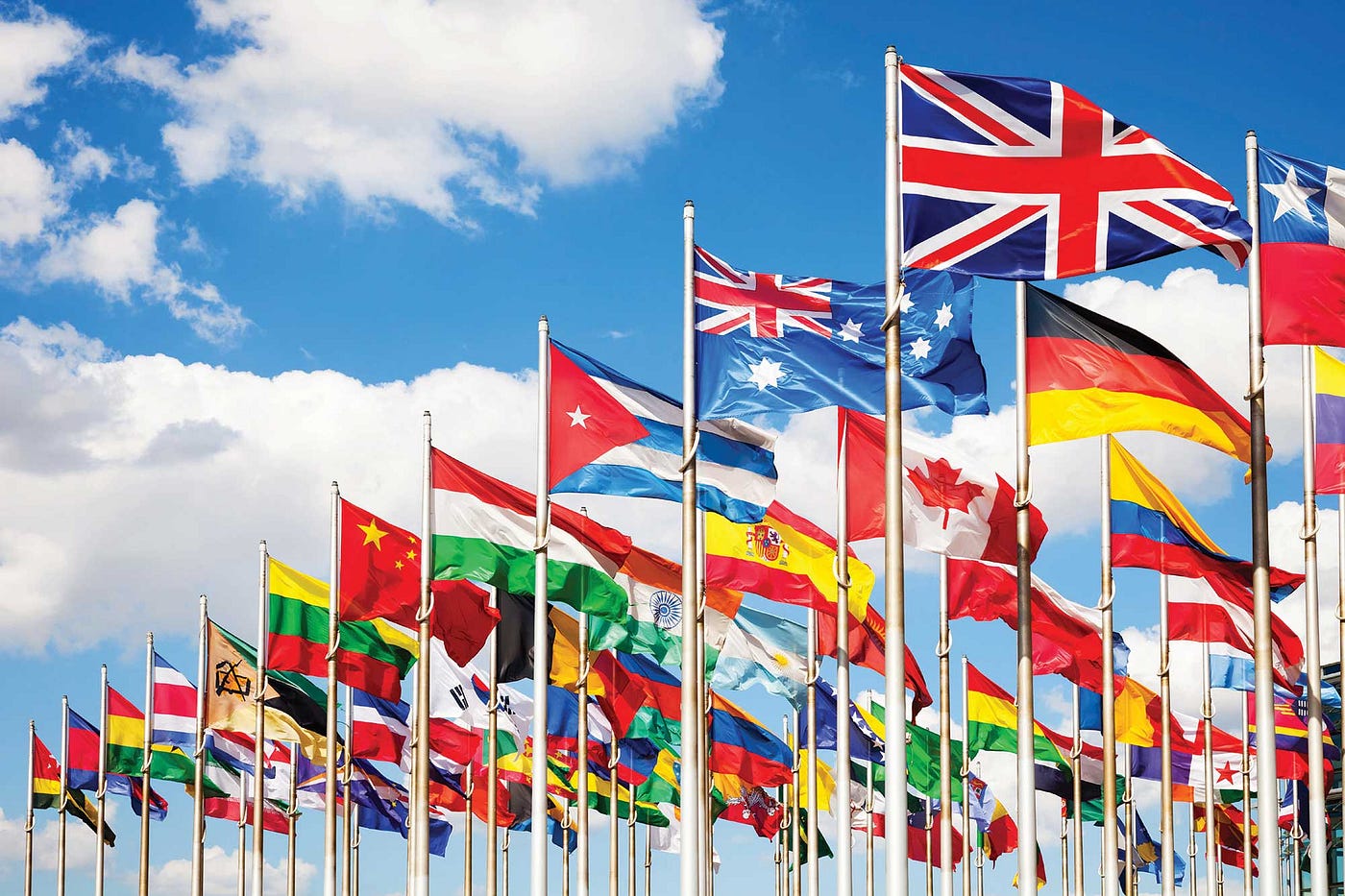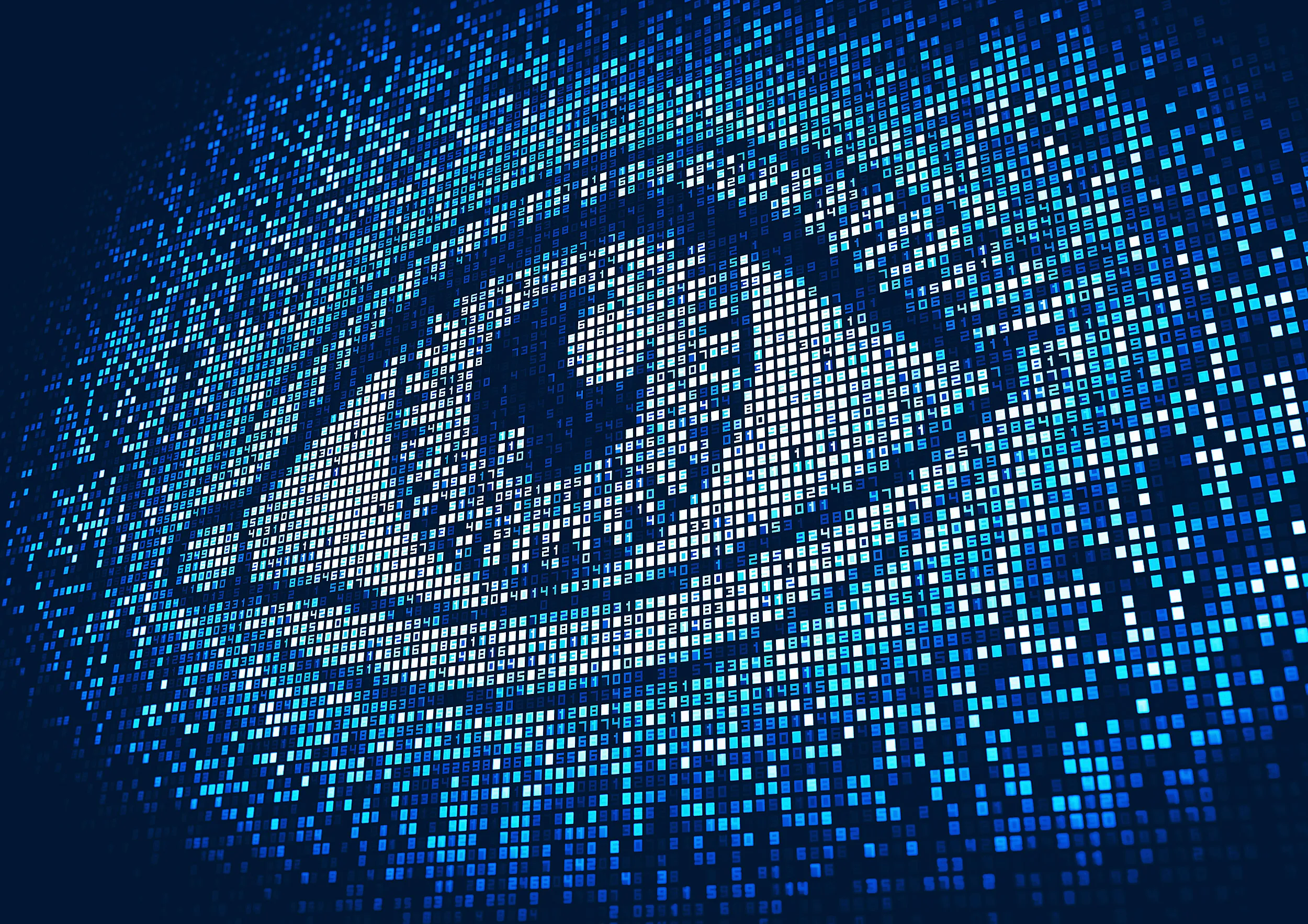- Courses
- GS Full Course 1 Year
- GS Full Course 2 Year
- GS Full Course 3 Year
- GS Full Course Till Selection
- Answer Alpha: Mains 2025 Mentorship
- MEP (Mains Enrichment Programme) Data, Facts
- Essay Target – 150+ Marks
- Online Program
- GS Recorded Course
- Polity
- Geography
- Economy
- Ancient, Medieval and Art & Culture AMAC
- Modern India, Post Independence & World History
- Environment
- Governance
- Science & Technology
- International Relations and Internal Security
- Disaster Management
- Ethics
- NCERT Current Affairs
- Indian Society and Social Issue
- NCERT- Science and Technology
- NCERT - Geography
- NCERT - Ancient History
- NCERT- World History
- NCERT Modern History
- NCERT Medieval History
- CSAT
- 5 LAYERED ARJUNA Mentorship
- Public Administration Optional
- ABOUT US
- OUR TOPPERS
- TEST SERIES
- FREE STUDY MATERIAL
- VIDEOS
- CONTACT US
Ethics in International Relations: What Should World Leaders Know?
Ethics in International Relations: What Should World Leaders Know?

- The ongoing Russia-Ukraine war has reignited global debates on the ethical conduct of world leaders in international relations.
- Recent diplomatic engagements, such as those between the US and Ukrainian Presidents, highlight the urgent need to revisit the moral compass guiding decisions on diplomacy, conflict, and war resolution.
- This calls for an essential question: Should world leaders rethink the ethical foundations behind their decisions?
Ethics of War: Jus ad Bellum and Jus in Bello
|
“Peace is not merely a distant goal that we seek, but a means by which we arrive at that goal.” — Martin Luther King Jr. |
- The ethics of war are governed by two core principles:
- Jus ad Bellum – The morality of going to war.
- Jus in Bello – The morality of conduct during war.
- These principles form the basis of Just War Theory, assessing:
- Is it morally just to initiate war?
- Are ethical norms being followed during war?
- However, in today’s volatile global landscape, a more profound question arises: Is war itself morally justifiable anymore?
- With rising global tensions and potential threats of large-scale wars, leaders must shift focus from reacting to conflicts to proactively preventing them.
- The pertinent question should not just be "What caused the war?", but rather "How can war be avoided?"
Leaders Under Scrutiny: Ethical Questions in Modern Warfare
- Technological Warfare: Drone strikes, cyberattacks, and other modern warfare techniques raise complex moral dilemmas.
- Collateral damage, especially civilian casualties from drone strikes, challenges moral accountability.
- Collateral damage, especially civilian casualties from drone strikes, challenges moral accountability.
- Language and Diplomacy: Insulting foreign leaders or undiplomatic rhetoric undermines global ethical standards.
- Sovereignty vs. Power Politics:
- Ethical challenges arise when powerful nations intervene in other nations’ affairs under the pretext of national interest.
- Examples include the Russia-Ukraine war and the Israel-Palestine conflict.
- The key concern: Are leaders upholding ethical responsibilities or acting on self-interest?
Environmental and Humanitarian Consequences of Leadership Decisions
- Nuclear Tests & Climate Change:
- Decisions like conducting nuclear tests have long-term environmental impacts, contributing to climate change and loss of life.
- Ironically, developing countries, which contribute the least to climate change, suffer the most.
- Ethical Accountability:
- Leaders must be held accountable not only for immediate consequences but also for intergenerational impacts.
- Ethics demands sustainable leadership, considering environmental and humanitarian dimensions.
The Role of the United Nations and Ethical Diplomacy
- UN’s Mandate: As a global peacekeeper, the United Nations plays a vital role in promoting peace and ethical diplomacy.
- Challenges:
- The UN often faces criticism for ineffectiveness or inaction in key global crises.
- A critical question arises: Should the UN remain passive or push for ethical leadership reforms?
- Promoting Ethical Global Governance:
- UN and peacekeeping agencies must emphasize ethical decision-making over national interests.
- Global peace and ethical diplomacy must take precedence over power politics.
The Moral Responsibility of Leaders in Times of Conflict
- Global Peace vs. National Interests:
- Leaders must weigh decisions through the lens of global ethics, not just national gain.
- Are figures like Putin or Zelensky truly acting in global interest, or are they driven by ego, pride, and nationalism?
- Nationalism vs. Global Responsibility:
- Excessive nationalism often leads to global instability.
- Leaders must strike a balance between national duties and global responsibilities, ensuring peace and stability.
The Role of Ethics in Shaping Future Leadership
- Ethical Leadership: Leadership must be grounded in values like compassion, justice, fairness, and empathy, not power and dominance.
- Universal Ethical Framework:
- A shared ethical framework should govern global relations, prioritizing:
- Human dignity
- Environmental sustainability
- Global peace and justice
- Even if war becomes unavoidable, it must be conducted ethically, minimizing damage and protecting innocent lives.
- A shared ethical framework should govern global relations, prioritizing:
|
"True peace is not merely the absence of war, it is the presence of justice." — Jane Addams |
Ethics in international relations must form the bedrock of leadership decisions. By prioritizing peace, respecting sovereignty, and assessing long-term impacts, world leaders can build a more just and stable global order. The United Nations must proactively foster ethical governance. Ultimately, ethical decision-making is not just about avoiding conflict — it’s about creating a fair, peaceful, and sustainable world for future generations.



